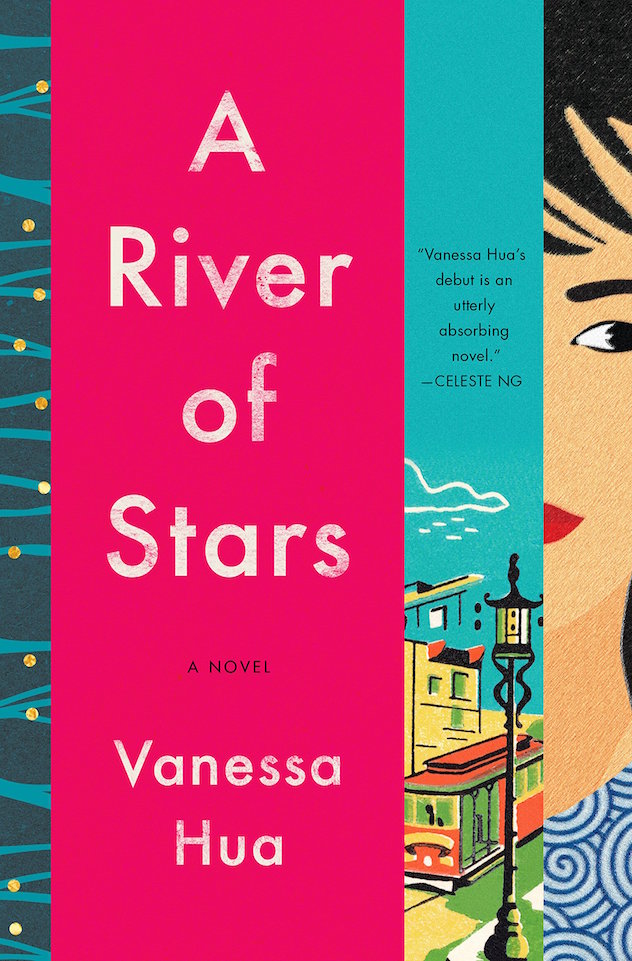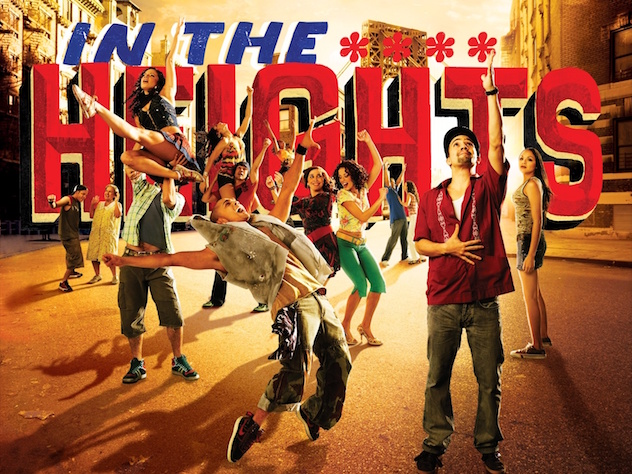“Long ago, two lovers — a humble cow herder and a weaver girl a fairy in disguise — were torn apart when the Goddess of Heaven, the fairy’s mother, scratched her hairpin into the night sky, welling up a river of stars to separate them. Once a year, on the night of the festival, magpies would soar to the heavens, hovering wing to wing. The lovers crossed the universe on this quivering bridge of feathers and reunited for a kiss.”
Such goes one Chinese fable passed down in the village of Scarlett Chen, the protagonist of Vanessa Hua’s debut novel “A River of Stars.”
Scarlett, a Chinese woman in her mid-thirties, is presented in perhaps as vulnerable a state as possible: a pregnant mistress past her prime, fearing the attention of immigration officers in a foreign land where her future is less than secure. The cause of her pregnancy, her boss at the Chinese factory at which she worked, is also the cause of her departure. Coveting American citizenship for his illegitimate child, Boss Yeung — who remains unendowed with a first name — has shipped Scarlett across her own “river of stars,” the Pacific Ocean, to deliver his son in an oppressive Los Angeles maternity home.
Scarlett believes her only value to business-minded Boss Yeung lies in producing his heir apparent. When another ultrasound further into her pregnancy reveals the baby boy to actually be a girl, Scarlett panics. She fears how Boss Yeung might receive the news of his stifled ambition, and what lengths he might take to hide his now-fruitless infidelity.
Thus, she’s prompted to escape from the maternity home, in a reckless blur that involves stealing a van and driving to San Francisco with Daisy, a teen mother, stowed away. Daisy’s company, at first no more promising than that of a remora to a manta ray, becomes increasingly more valuable to Scarlett as the two struggle together to establish themselves in Chinatown.
Hua’s world is wildly unpredictable, and chock-full of tropes and metaphors that circle back in some way to Asian heritage. Mountain ridges viewed from an airplane window become dumplings pinched at the top; Scarlett and Daisy lie “curled like shrimp” in their sleep; Daisy is likened to a fire-breathing dragon in threatening the churro lady with a lighter and hairspray; an eerie, IV-nootropic clinic turns kids into literal studying machines and gives the owner sepsis.
At every turn, the novel seems to one-up itself in ridiculousness, peaking either when Scarlett and Daisy get “married” and share a kiss as part of their plan for visas, or when Daisy’s long lost computer-science boyfriend is discovered to be a new and ubiquitous Asian pop star. But through subverting readers’ expectations, it does have a way of dismissing notions of a certain cookie-cutter immigrant experience. Inventive personal narratives lie behind Scarlett, Daisy and even some of Chinatown’s lesser characters.
Such moments are charmingly eccentric, but at the expense of some of the novel’s darker moments, which feel incongruent to the prevailing comic tone. Skinned cadavers at a science museum’s anatomy exhibit, and Boss Yeung’s existential reduction into a sequence of genes at a Stanford laboratory, both feel like unwarranted dips into heavier subject matter that seem at most tangential in significance.
However, these moments are few and far-spread, and certainly don’t ruin “A River of Stars.” The novel’s aspirations are certainly less artistically-driven, and more plot-centric. In this respect the story is satisfyingly entertaining — even casual readers, with limited commonality to both the protagonist and the novel’s central motifs, should find it easy to stay interested in the daily plights of Scarlett and Daisy as they fumble through both Chinatown and motherhood together.







